Jawaharlal Nehru famously remarked, "Children are like buds in a garden and should be carefully and lovingly nurtured, as they are the future of the nation and the citizens of tomorrow." Today, this sentiment holds truer than ever, as children have risen as powerful agents of positive change, determined to shape a more sustainable tomorrow. In the midst of this youth-led transformation, a surge in activism highlights their significant impact in reshaping our collective approach towards a more eco-friendly world.
Showcasing this determination to create positive change, Hyderabad based 16-year-old visionaries Diya Loka and Sahithi Radha have forged a path with E-Cycl, an initiative that goes beyond the norm in e-waste management. Driven by a profound passion for environmental sustainability, these lifelong friends have orchestrated numerous successful e-waste collection drives and educational seminars, enlightening their community on responsible e-waste disposal. Their unwavering dedication has attracted the attention of prestigious organizations such as Recykal and Crapbin, propelling E-Cycl onto the international stage. Moreover, the organization has made a positive impact by raising awareness about responsible e-waste disposal and safely sending collected e-waste to recycling centers, totaling over 1000 Kgs. Their vision is to prevent children from entering the e-waste labour force and to support sanitation workers.
In an enriching interview with TheCSRUniverse, the teenaged Co-founders of E-Cycl, offer valuable insights into the journey of the organization and its pivotal role in reshaping the dialogue surrounding e-waste management. From their inspiring mission to the hurdles they've overcome, they shed light on their vision for a greener future, empowered by collaborations with influential organizations like The World Around and UNEP (Samsung). Additionally, the teen activists delve into the NGO's vision for using their social media blog to engage the youth, along with their strategies to influence local and national policy changes regarding e-waste management.
To further uncover the highlights of their transformative work, scroll down to read the full interview.
Q&A
Q. What inspired both of you to take up the cause of e-waste management, and how did your personal experiences shape the inception of E-Cycl?
A. E-waste contains toxic cancer-causing carcinogens such as mercury and arsenic. When this contaminates our ecosystem the damage is irreparable. We observed this problem first on the streets of Hyderabad where countless sanitation workers (Safai Mitra) were affected by the mishandled e-waste. Not to mention some of these workers are children (child labourers).
Diya: My prior background in design coupled with Sahithi’s public speaking served as the perfect backbone for a grassroots community-building project. I believe that, bringing like-minded environmentally conscious young people together can create a space for the conceptualization of new climate action ideas.
Q. As young activists, how do you perceive the integration of Sustainable Development Goals, particularly environmental sustainability, into the school curriculum, and how can this integration help nurture a generation more conscious of environmental issues?
A. Integrating Sustainable Development Goals, particularly environmental sustainability, into the school curriculum is important for supporting a generation actively aware of environmental issues. It creates awareness and responsibility, empowers students, and encourages critical thinking. This approach provides a real-time global perspective and encourages community engagement, equipping students with the knowledge and skills to become environmentally conscious individuals and young change-makers.
Q. Could you share some innovative ways that students can contribute to environmental sustainability within their school communities, considering the constraints of limited resources and infrastructure?
A. E-Cycl encourages students to take climate-forward actions in their communities, schools, and local areas by providing volunteer opportunities to join us in our e-waste journey. Students can start by conserving energy at home, organizing trash pickups, and put efforts for school gardens. Their innovative efforts can lead to positive environmental changes, such as composting and forming environmental clubs.
Q. Could you elaborate on the challenges you faced during the initial stages of organizing e-waste collection drives, and how did you manage to overcome them?
A. During the start of E-Cycl, we faced a number of hurdles, having absolutely no experience in the waste management space, approaching huge companies for support as teenage girls was a petrifying experience. We cold emailed dozens of people before receiving a singular reply from Recykal, who reached out, happy to incubate our brainchild. Fighting for a seat at the climate change table was excruciating but we hope our struggles pave the way for many more to come.
Q. Considering the environmental impact of e-waste, how do you envision E-Cycl's role in influencing local and national policy changes regarding e-waste management?
A. By amplifying young voices and fresh opinions regarding the climate movement, we hope to see change in the way e-waste is managed and given the importance it requires. E-waste definitely is one of the fastest growing waste streams and it doesn’t receive half the importance it needs, by raising awareness we believe we could be apart of the solution, globally but especially in India.
Q. In what ways has the collaboration with Recykal and Crapbin amplified the effectiveness of E-Cycl's initiatives, and how do you plan to expand such partnerships in the future?
A. Recykal and Crapbin have played a vital role in our organization’s growth, greatly assisting E-Cycl in reaching our full potential. Our incredible mentor at Recykal, Damini Malhotra, helped kickstart our e-waste recycling journey, providing us with the knowledge and support we needed when we were determined 14-year-olds striving to make a change. Both Crapbin and Recykal have been exceptional partners who faciliated recycling, and it’s safe to say that we couldn’t have come this far without them. As we expand to different locations nationwide, we may consider further expanding our partnerships in the future.
Q. Could you shed light on the key strategies E-Cycl employs to ensure the engagement and involvement of the youth community in your e-waste management projects?
A. E-Cycl is a representation of what authentic, local, and tangible efforts toward climate change look like. Starting from zero investment, it’s now a source of income for every chapter that opens. We tackle the issue through student-led awareness sessions at schools, campuses, and office spaces, and after explaining the perils that e-waste poses, we facilitate a collection drive. Enlightening over a thousand students from grades 6 to 12, these offline seminars also recognize volunteers, fostering a sense of responsibility and community engagement.
Through our awareness sessions, we have educated hundreds of young people and created a force of positive change through our environmental blog, which is a real-time source for climate information based on instagram. Our environmental blog has already garnered quite a following @ecyclindia, often sparking discourse on relevant topics and their crossover with the climate-forward rhetoric (vapes and their adverse effects on the environment). We believe that our blog is universal and can easily be understood by all, creating closer connections to youth everywhere.
Q. With the sponsorship from Meta Open Arts and the recognition at the Guggenheim Museum, how do you see E-Cycl's role in influencing global conversations around sustainable practices and environmental consciousness? How do you plan to leverage the support from influential organizations like The World Around and UNEP (Samsung) to scale up E-Cycl's impact both nationally and globally, and what long-term goals does E-Cycl aim to achieve through these partnerships?
A. We’re grateful to have received sponsorship from Recykal (one of our main corporate partnerships), Meta Open Arts, The World Around, and the Guggenheim Museums International. Now we’re looking to branch out internationally and amplify our impact on youth all over the world. We have already demonstrated our capacity and ability to scale. (Half a dozen new chapters are planned to open up next year in Bangalore, Chennai, among others). Our next phase includes using our refurbished electronics to further the education of government school students to level the academic playing field and encourage Indian kids to stay in school. With previous experience in climate advocacy, we plan to influence not only global conversation but global systemic thought revolving around the perception of the young, the earth, and the intersectionality of environmentalism.
Q. What specific challenges do you anticipate while scaling up E-Cycl's initiatives on a global level, and how do you plan to address these challenges while maintaining the core values and mission of the organization?
A. Challenges include performative activism and the squandering/ignorance of the potential of our generation as their energy that can be channeled into a force of good. We would love to connect with potential changemakers to offer support, guidance, and an incubator for their ideas using E-Cycl as a platform. We strongly believe that if we invest in young people then we are moving toward a better future.
Q. How do you foresee the role of technology and digital platforms aiding E-Cycl in its global expansion, and what measures do you plan to implement to bridge potential technological disparities and ensure accessibility for all communities?
A. Our environmental blog already garners quite a following @ecyclindia, often sparking discourse on relevant topics and their crossover with the climate-forward rhetoric (vapes and their adverse effects on the environment). We believe that our blog is universal and can easily be understood by all, creating closer connections to youth everywhere. Thats the impact we envision technology to have on our future, we plan to bridge technological disparities through our next phase of distributing electronic devices and the necessary add ons to students of rural government schools all over south india, in an attempt to level the academic playing field between them and the ever changing fast paced world. Because at Ecycl electronic waste is important but only secondary to the well being of sanitation workers, and their children.




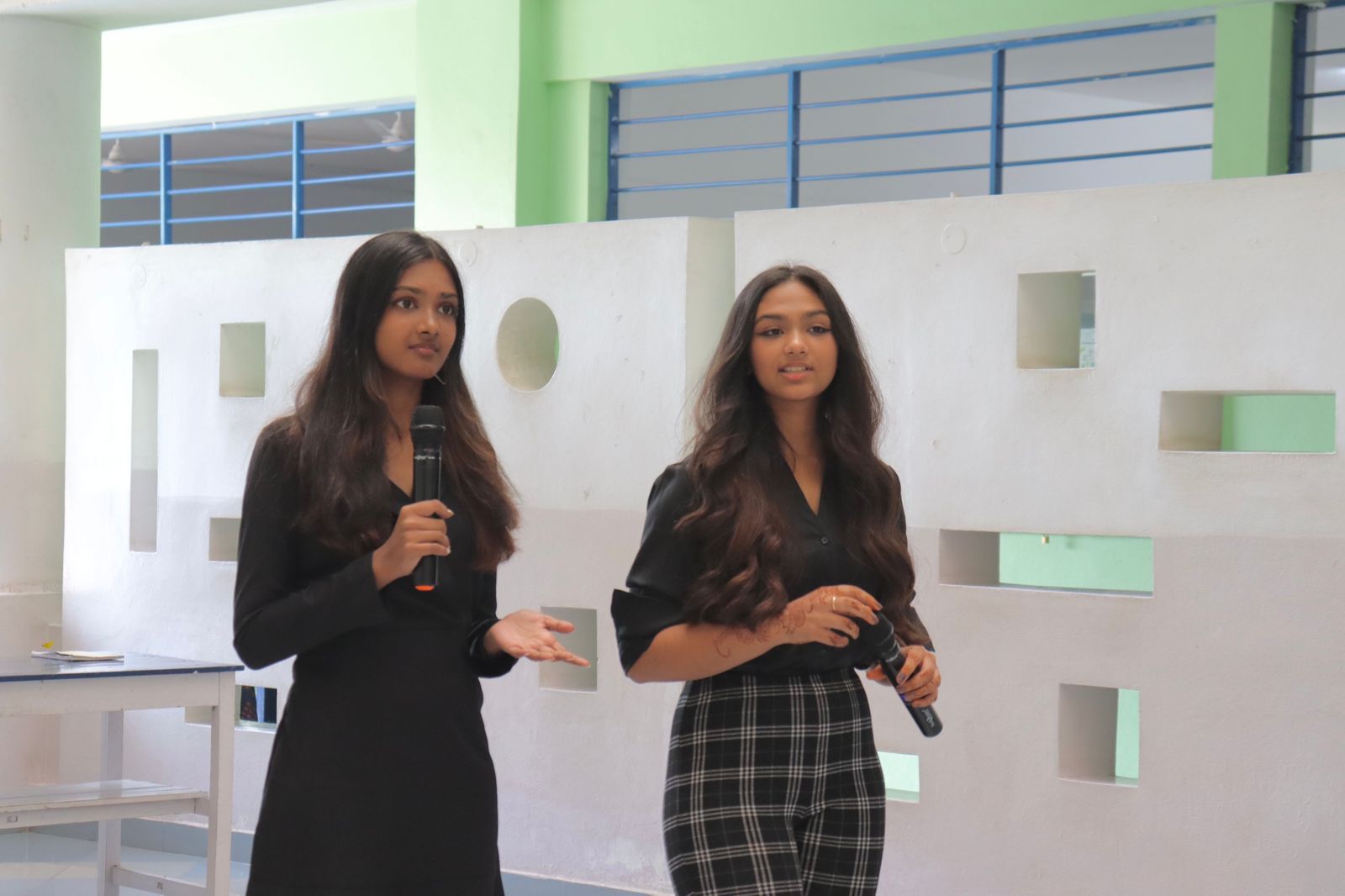
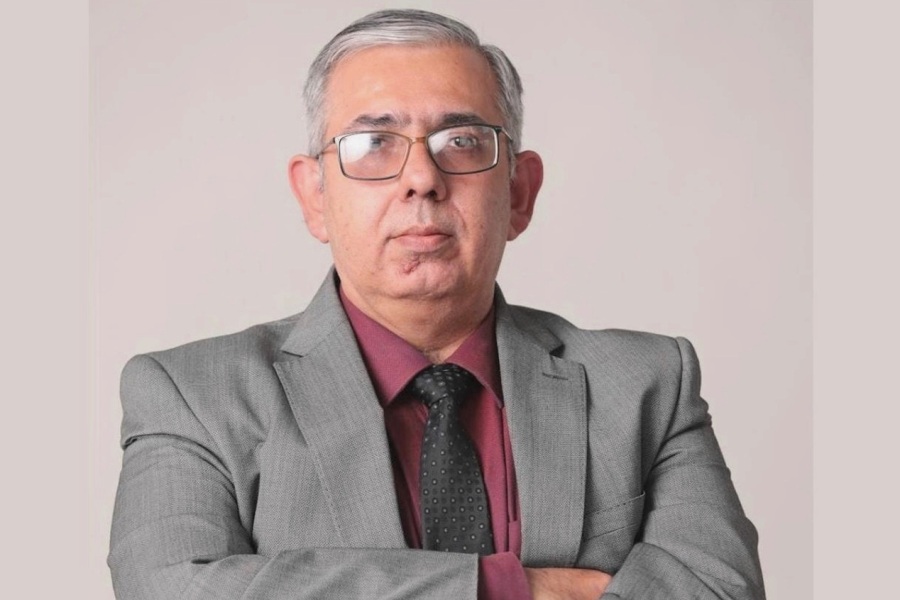
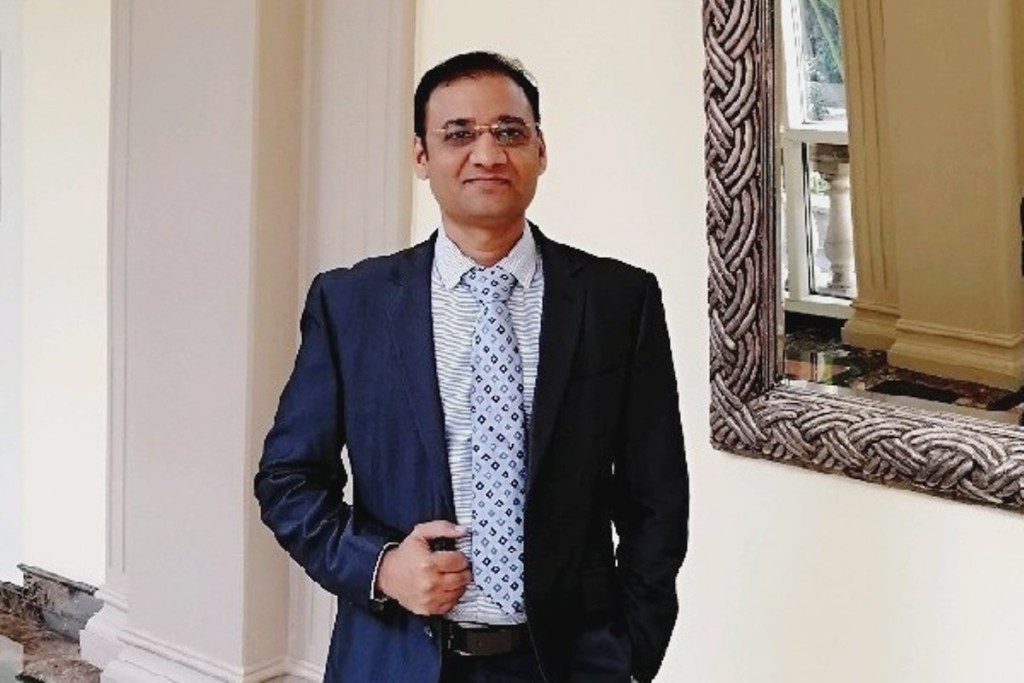

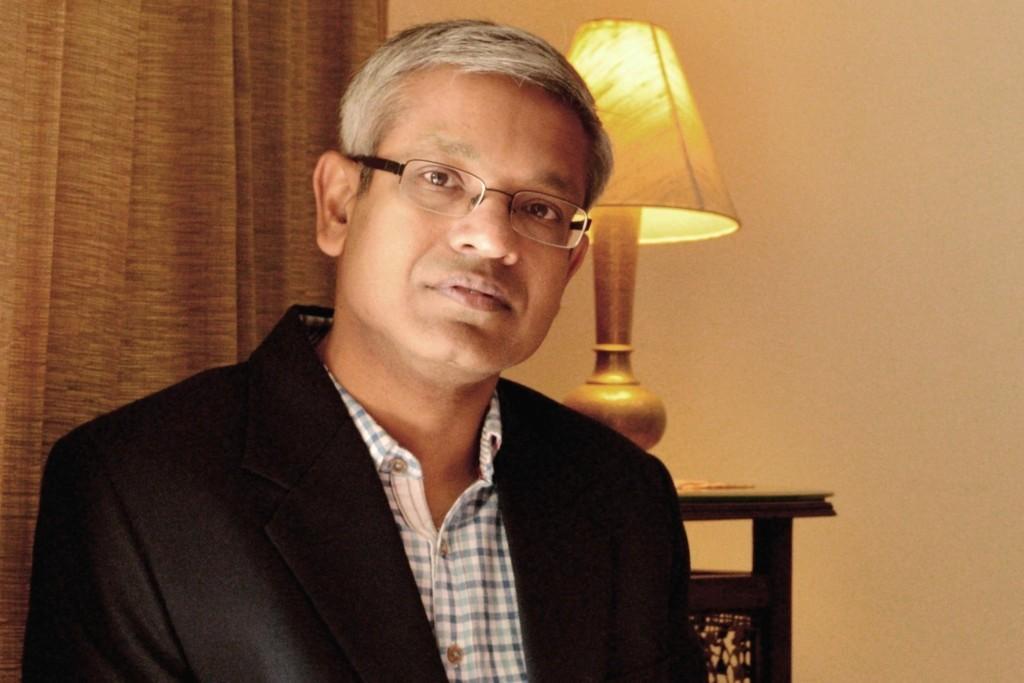
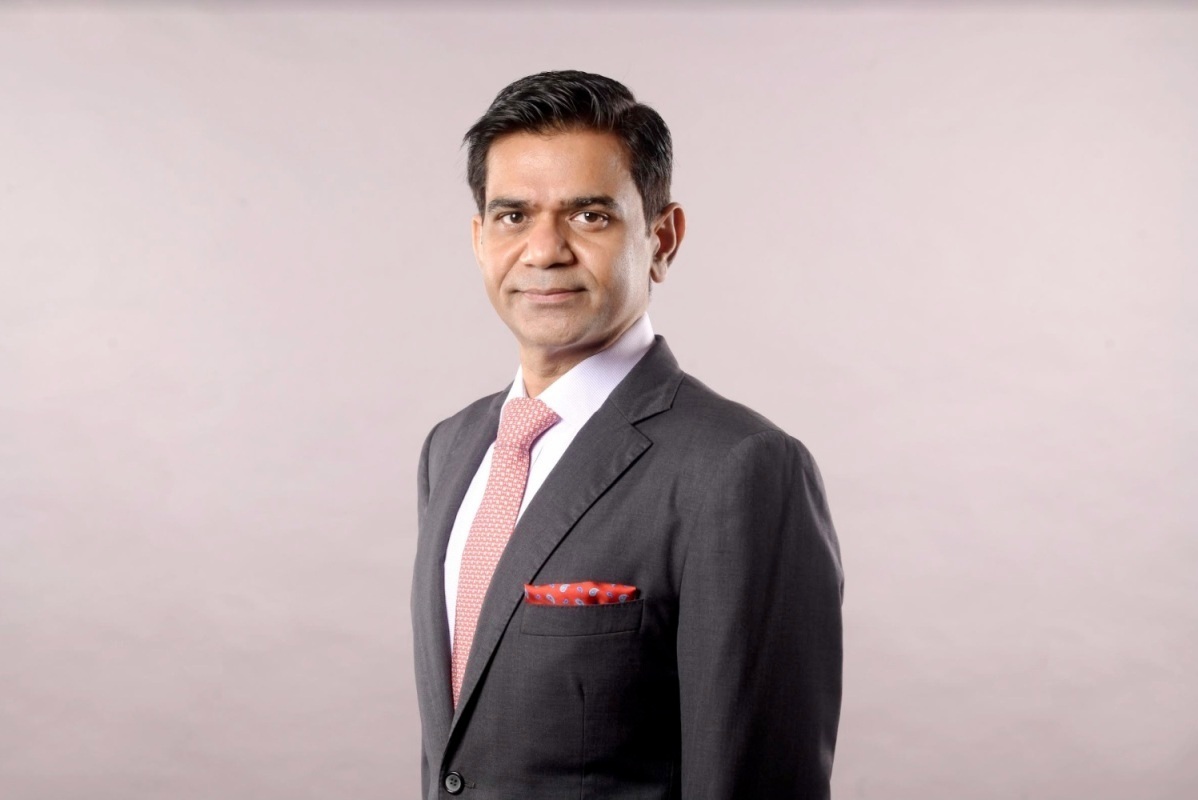
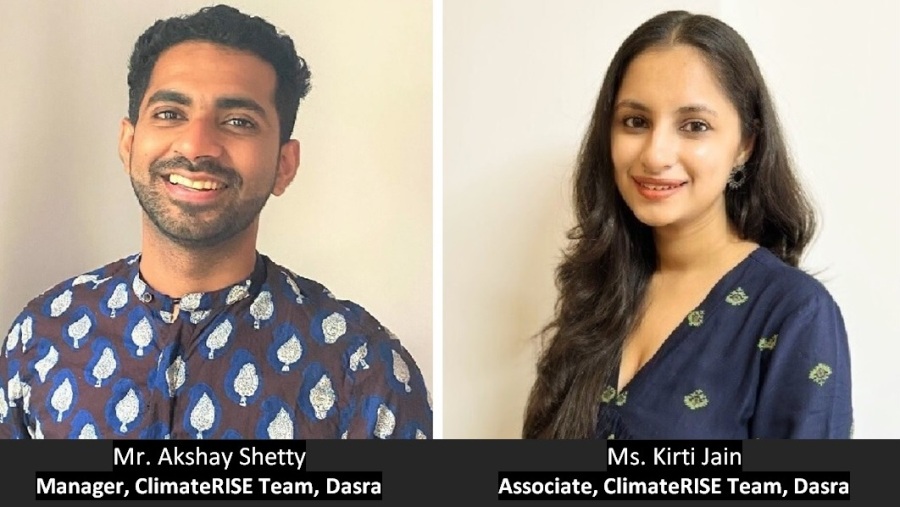
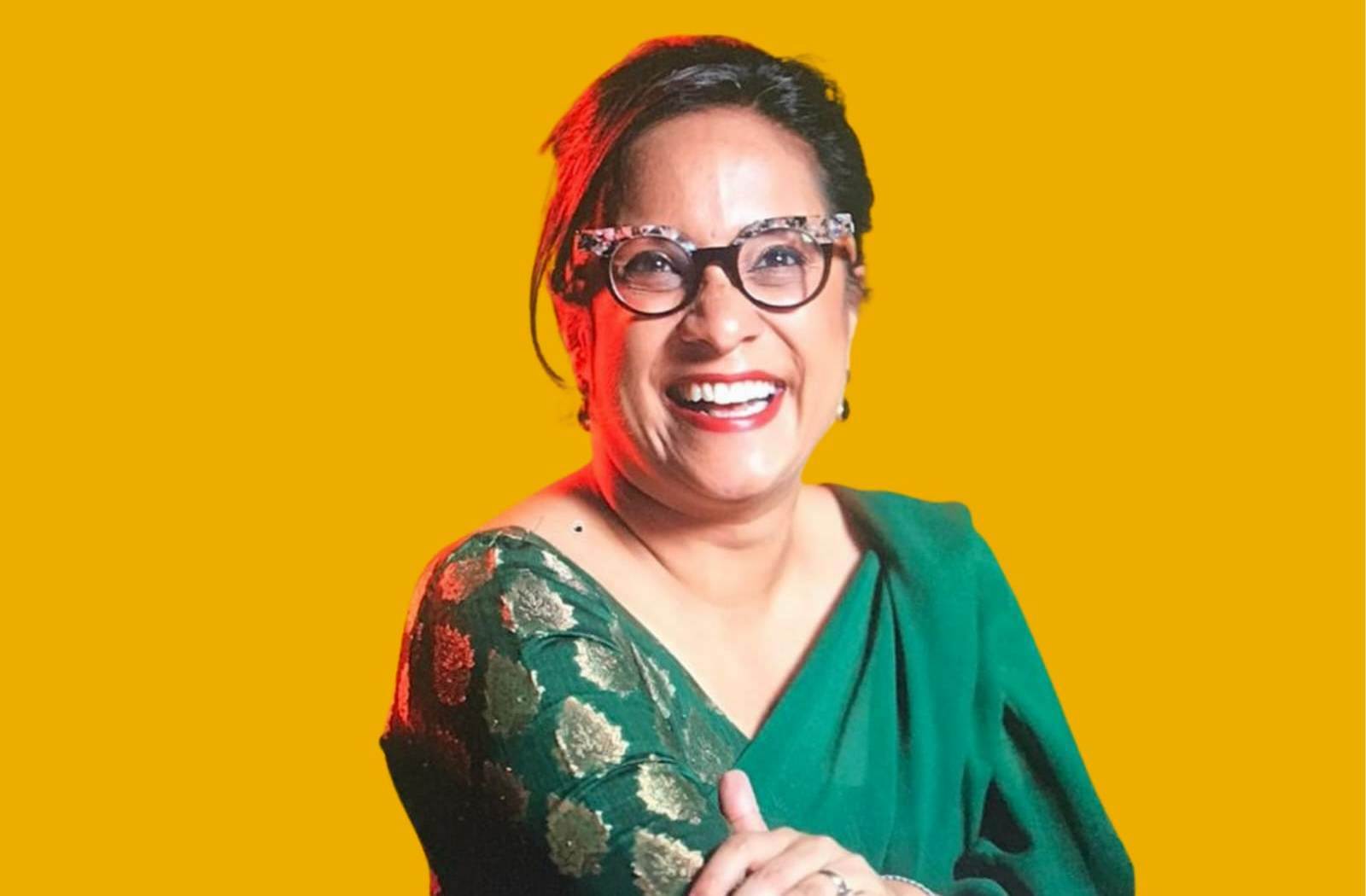




.jpg)



